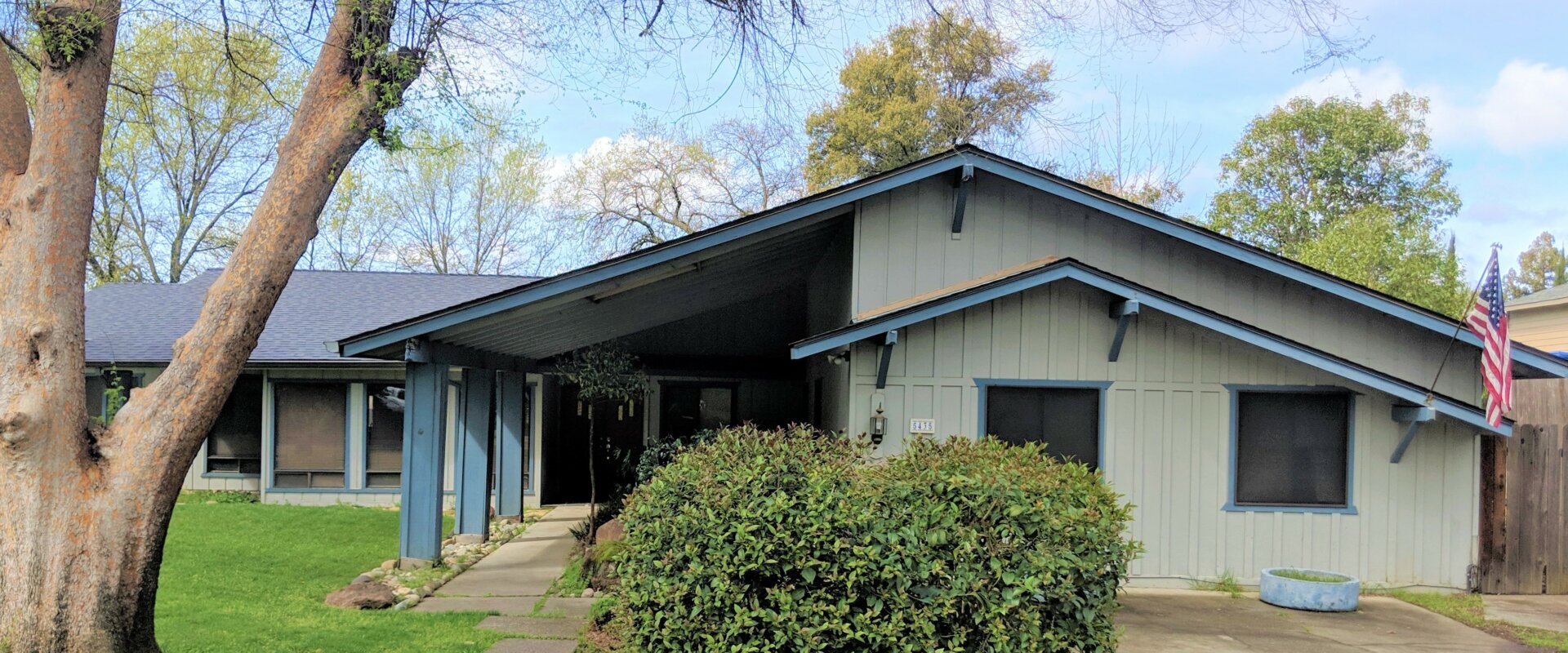Let’s cut to the chase. What is a short sale? This type of sale happens when a homeowner owes more on the property than they can recover with a sale. In other words, they bought when the price was high and now the market has turned down and they can’t sell at a profit. Short sale homes can also happen if someone refinances to take money out of their equity or has a home equity loan and then loses equity. It’s rare if the market is in sellers’ favor — but it can still occur.
How does short selling affect you as a buyer? The process can take a bit longer and there are extra hoops to jump through. You might not want to even make an offer if you’re in a hurry and want a short escrow. Here is what to know about short sale homes as a buyer.
1. The process may not be fast
In a short sale, the lender for the current owner is heavily involved in the process. They are agreeing to accept less reimbursement than is currently owed on the home. If the owner currently owes $150,000 on the mortgage and the home can only sell for $125,000, the bank is agreeing to eat $25,000. The bank wants to lose as little money as possible. The lender may scrutinize any offers that come in, and they must sign off on the sale. In other words, it’s not just up to the current owner like a traditional home sale is.
Because there are extra players involved, and that player is a bank, there is a lot of red tape involved. You might make an offer and have to wait two weeks to hear back. You might hear back quickly… but you can’t count on it. Buying a short sale probably isn’t for you if you have an inflexible and short timeline for moving in.
2. Lowballing is usually a bad idea
The bank will check the value of comparable homes in the area. Lowballing is usually not a good idea. The bank may reduce the list price to drum up interest, but they probably won’t accept offers that are way below the market value for the home. Unlike a home that is up for auction, short sale homes still represent a chance for the bank to recoup at least most of their money — so they’re going to try for a high offer.
3. Short sales aren’t as common as they used to be
You couldn’t throw a rock without hitting a short sale between 2008 and 2012, but the market has changes. There are fewer homes going to the bank and fewer irresponsible loans being offered. If you have your heart set on a short sale to get a good deal, you might have to search a lot longer than you did a decade ago. Don’t expect to have your pick of a dozen homes in a specific neighborhood.
4. Remember, you’re negotiating with the bank
It bears repeating that the current lender, not the current owner, has to sign off on your offer. They won’t be swayed by your personal reasons for wanting to close quickly or want to accept a lower offer because you bring more cash to the table. They just want to get an offer as close to the current mortgage pay-off as possible. You may have to change tactics and choose a real estate agent who specifically knows how to navigate a short sale process.
5. You shouldn’t know the seller
If you are not an “arm’s length” from the seller, your offer will be rejected. You can’t be affiliated with the seller in any way; not a family member, friend, professional associate, etc. You also have to agree not to sell or rent the home back to the seller. The lender want to make sure the current owner isn’t just trying to get out of paying off their full mortgage by selling to a friend who will then sell it back to them off market for the new, lower price.
Short sale homes can be full of land mines. Makes sure your agent knows what they’re doing. If you’re a seller who is facing a short sale, be prepared for a lot of paperwork to prove hardship. If you’re in trouble with your mortgage but not upside down (you could turn a profit with a sale), consider calling California Family Homebuyers. We can close quickly and help you get fast cash. Give us a call today!

